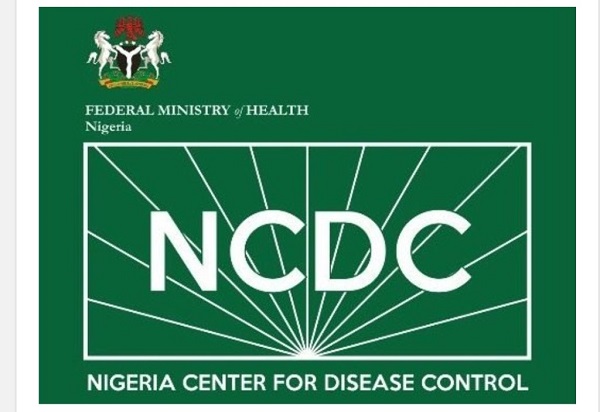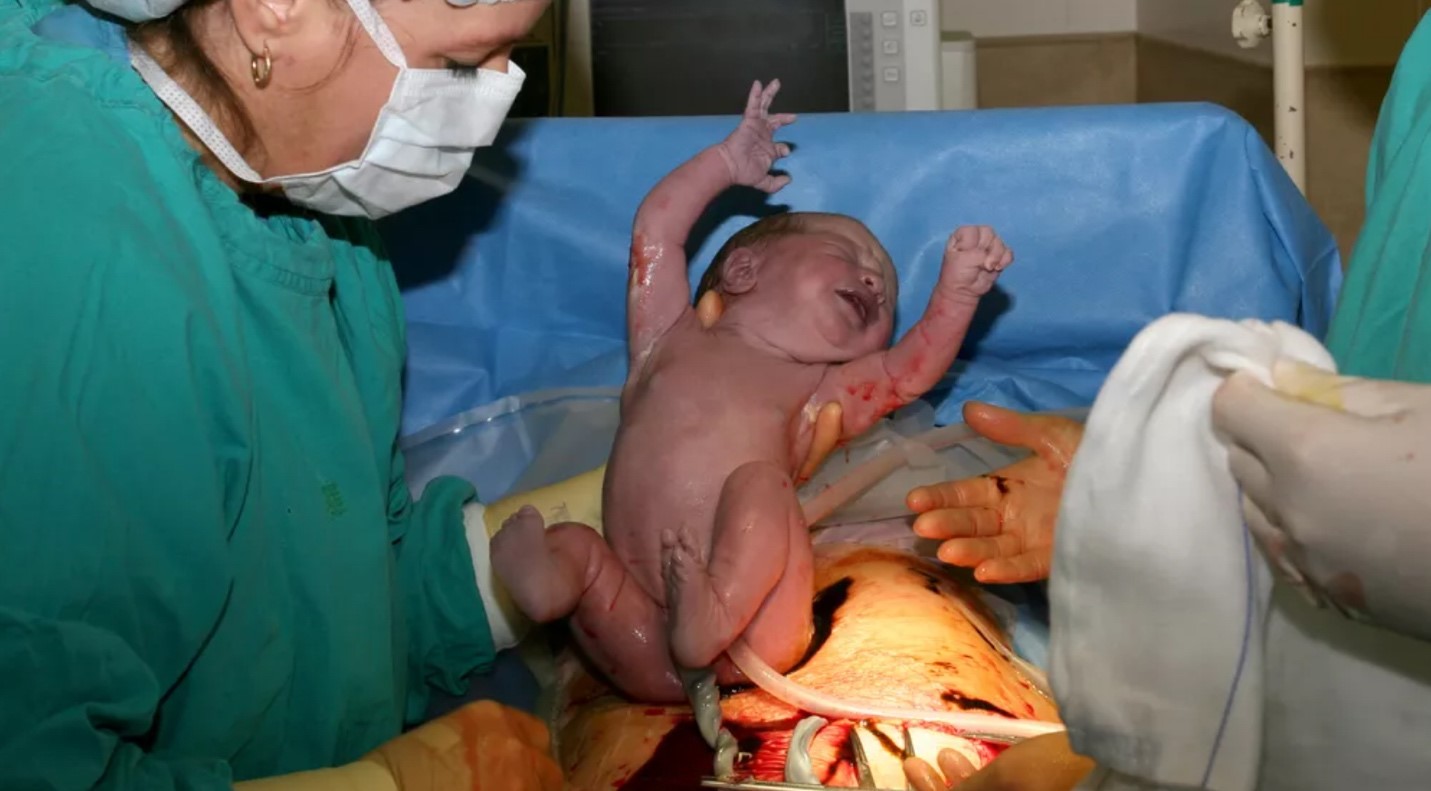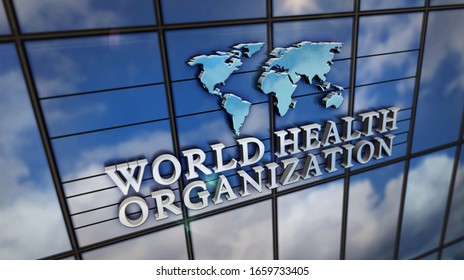
By Fatima Saka
The Nigerian Centre for Disease Control and Prevention (NCDC) has issued an alert, cautioning the public about the heightened risk of Cerebrospinal Meningitis (CSM) during the dry season.
The risk is particularly significant in overcrowded and poorly ventilated environments.
Dr. Jide Idris, Director-General of the NCDC, made this announcement in Abuja, explaining that CSM is caused by acute inflammation of the protective membranes covering the brain and spinal cord. This inflammation can be triggered by bacterial, viral, parasitic, or fungal infections, as well as certain injuries and drug reactions. In Nigeria, the consequences of CSM are particularly severe.
Symptoms of CSM:
CSM generally presents with symptoms such as fever, headache, nausea, vomiting, sensitivity to bright light (photophobia), neck stiffness, and altered consciousness. In young children, the signs may be less obvious and include irritability, poor feeding, and inactivity.
High-Risk Groups Include:
Young children, especially those who have not been vaccinated
Individuals living in overcrowded households
Smokers and those exposed to poor ventilation and indoor air pollution
People with poor hygiene practices
Contacts of infected individuals, particularly where infection control measures are inadequate
Healthcare workers who handle patient care, contaminated materials, or biological specimens without proper personal protective equipment (PPE) and infection prevention protocols
Health Advice for the Public:
Ensure you and your family members are vaccinated against meningitis.
Avoid close and prolonged contact with confirmed CSM cases, even if they are family members.
Prevent overcrowding in homes, school dormitories, IDP camps, prisons, and other communal settings.
Practice proper respiratory hygiene when coughing or sneezing.
Reduce indoor air pollution by avoiding indoor cooking over open flames.
Maintain good personal and hand hygiene by regularly washing hands with soap under running water or using hand sanitizers.
Keep your environment clean.
Seek medical attention immediately if you or someone you know exhibits any of the symptoms associated with CSM. Contact the State Ministry of Health hotline or call 6232 (the NCDC toll-free line).
Avoid self-medication to prevent antimicrobial resistance, ensuring proper diagnosis and treatment.
Guidance for Healthcare Workers: Healthcare professionals should adhere to standard infection prevention and control measures, such as wearing gloves and other PPE when handling patients or contaminated materials.
They are advised to maintain a high level of vigilance, especially when attending to patients with symptoms indicative of CSM, such as acute febrile illness during this season.
It is critical for healthcare providers to report all suspected cases to their local government Disease Surveillance and Notification Officer. Early detection and treatment are crucial for better outcomes and can save lives.





